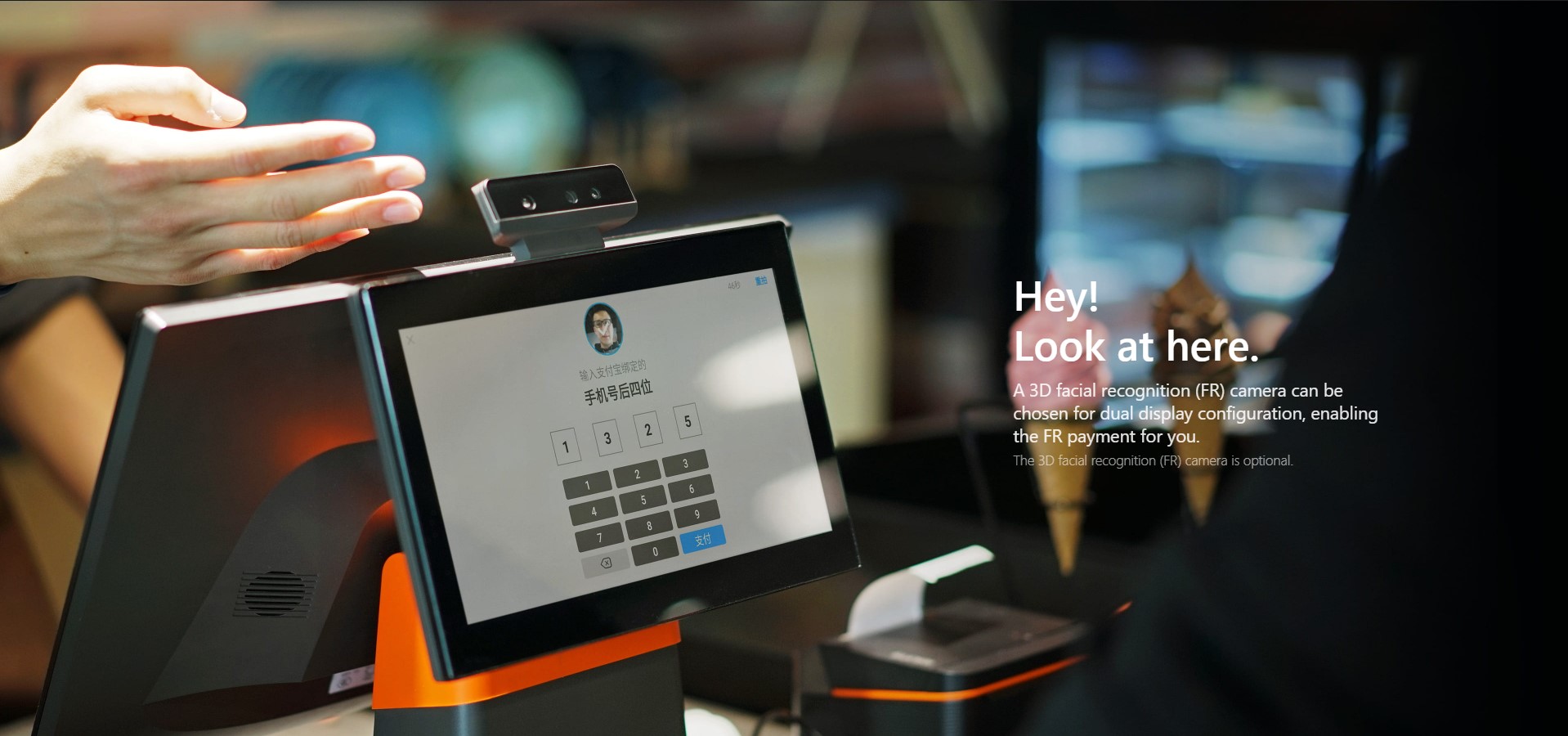
A POS terminal is physical equipment that allows sellers to process payments to complete a customer's purchase. Historically, cash registers were the only available POS-terminal. But now POS terminals are much more complex and orderly, and in combination with software, modern POS terminals provide sellers with much more opportunities than just processing payments.
A POS terminal is hardware that accepts credit card payments in person, online, via smartphone, or tablet.
There are various ways to accept a customer's credit or debit card that can be handled by POS terminals. Any POS system can accept all of the following types of credit cards:
Chip
Thanks to increased security measures, chip cards built into EMV technology are becoming increasingly popular.
Magnetic band
Even though credit card companies are gradually phasing out the use of credit cards equipped exclusively with magnetic strips, magnetic stripe cards are still in use.
Contactless payment
More and more consumers are using credit cards with contactless payment technology (also known as NFC or short-range), such as Apple Pay and Google Pay. These cards are not only the fastest way to pay, but it is projected that by 2025, revenue from contactless payments will reach $ 358 billion.
Online payments
If you have an online store or online business, it is very important to choose a POS terminal that accepts online payments. Technically, accepting online payments does not require a POS terminal. This requires a merchant account and a secure payment gateway. You can get a payment gateway and a merchant account through individual vendors. But to make it easier for yourself, you can also choose a POS system that offers both a merchant account and a payment gateway in one.
With the POS terminal, store owners can accept a variety of payments, including credit and debit cards, gift cards, store loans, separate and partial payments. You can also apply discounts and automatically calculate taxes and tips when ordering.
In addition, robust inventory management features allow business owners to closely track their products, sales, orders, traffic, and employee performance across locations.



















